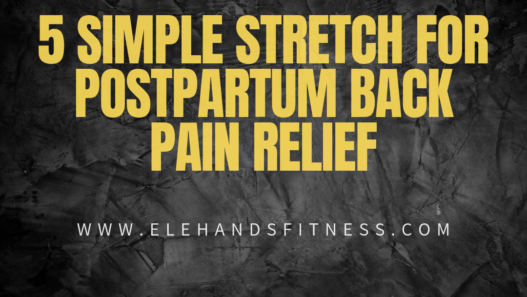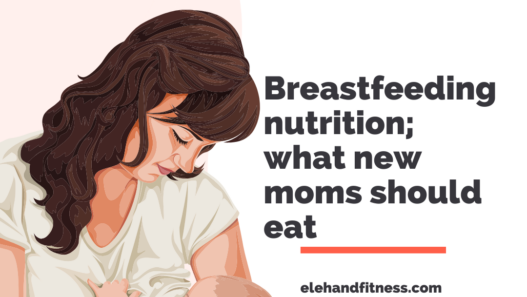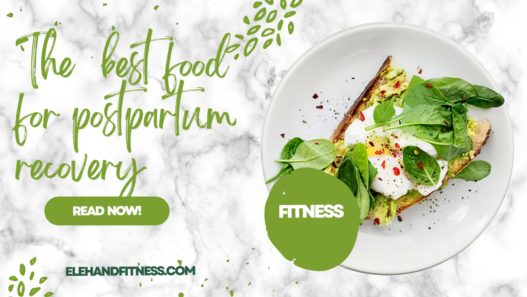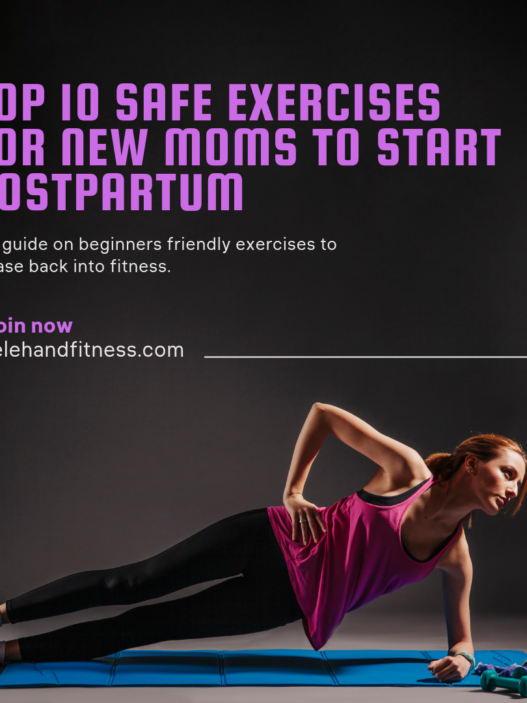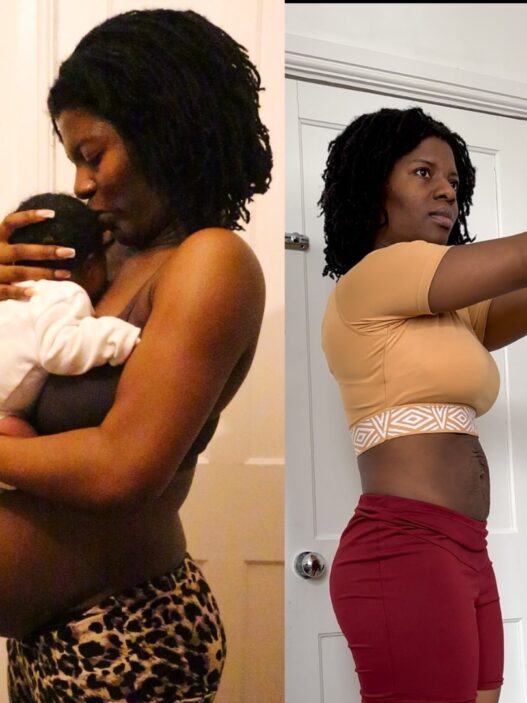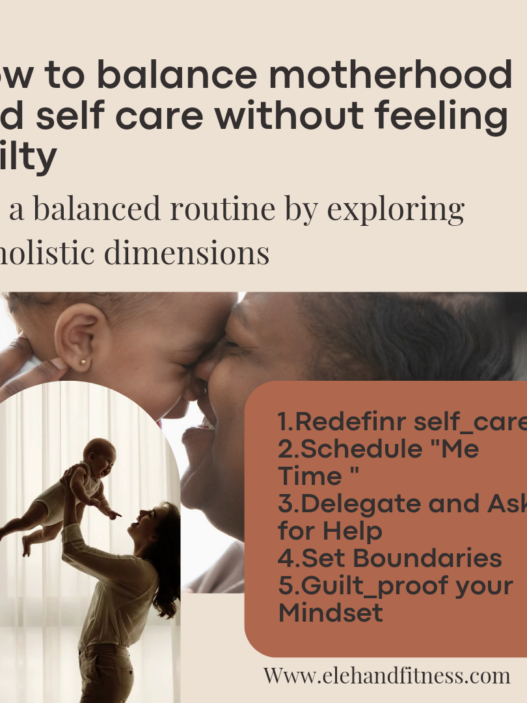The Ultimate Postpartum Nutrition Guide for Busy Moms
Motherhood is a rewarding journey, but the postpartum period can be physically and emotionally demanding. Between sleepless nights, breastfeeding, and adjusting to life with a new baby, it’s easy for busy moms to put their nutrition on the back burner. However, nourishing your body during this time is essential for recovery, energy, and overall well-being. This ultimate guide will help you prioritize postpartum nutrition, even with a hectic schedule.
Why Postpartum Nutrition Matters?
After pregnancy and childbirth, your body undergoes significant changes and requires adequate nutrients to:
Support Healing: Repair tissues and recover from delivery, especially if you’ve had a C-section.
Boost Energy: Combat fatigue and replenish depleted stores from pregnancy.
Promote Breastfeeding: Provide essential nutrients for milk production.
Regulate Mood: Reduce the risk of postpartum depression through balanced nutrition.
Essential Nutrients for Postpartum Recovery
- Protein
Promotes tissue repair and muscle recovery.
Sources: Eggs, lean meats, fish, beans, lentils, tofu, Greek yogurt, and nuts.
Quick Tip: Keep hard-boiled eggs or pre-cooked chicken on hand for quick meals.
- Iron
Replenishes blood loss during childbirth and combats fatigue.
Sources: Red meat, spinach, lentils, fortified cereals, and dried fruits.
Quick Tip: Pair iron-rich foods with vitamin C (like oranges or bell peppers) for better absorption.
- Calcium
Supports bone health and milk production.
Sources: Dairy products, fortified plant-based milk, almonds, broccoli, and leafy greens.
Quick Tip: Add a handful of spinach to your morning smoothie for a calcium boost.
- Omega-3 Fatty Acids
Supports brain health and reduces inflammation.
Sources: Salmon, walnuts, chia seeds, flaxseeds, and fish oil supplements.
Quick Tip: Top oatmeal or yogurt with chia seeds for an easy omega-3 boost.
- Fiber
Aids digestion and prevents postpartum constipation.
Sources: Whole grains, fruits, vegetables, legumes, and seeds.
Quick Tip: Snack on apple slices with almond butter or carrots with hummus.
- B Vitamins
Boost energy and support mood regulation.
Sources: Whole grains, leafy greens, eggs, meat, and fortified cereals.
Quick Tip: Opt for a whole-grain wrap filled with lean protein and veggies for a balanced meal.
- Hydration
Essential for overall health, especially for breastfeeding moms.
Sources: Water, herbal teas, and water-rich foods like cucumbers and watermelon.
Quick Tip: Keep a water bottle with you at all times and set reminders to sip throughout the day.
Meal Prep Tips for Busy Moms
- Batch Cooking
Prepare large portions of meals like soups, stews, or casseroles and freeze individual servings.
- One-Pot and Sheet Pan Meals
Minimize cleanup and maximize nutrition with easy recipes like roasted vegetables with chicken or quinoa bowls.
- Snack Stations
Stock your fridge and pantry with grab-and-go snacks like string cheese, trail mix, yogurt, and fresh fruit.
- Use Kitchen Shortcuts
Opt for pre-washed salad greens, frozen vegetables, and rotisserie chicken to save time.
- Smoothies
Blend fruits, greens, protein powder, and nut butter for a quick and nutritious meal or snack.
Sample Postpartum Meal Plan
Breakfast:
Greek yogurt parfait with granola, mixed berries, and a drizzle of honey.
Herbal tea or a glass of water.
Morning Snack:
Apple slices with almond butter.
Lunch:
Grilled chicken salad with mixed greens, avocado, cherry tomatoes, and olive oil dressing.
Whole-grain bread or crackers on the side.
Afternoon Snack:
A handful of trail mix (nuts, seeds, and dried fruit).
Dinner:
Salmon with roasted sweet potatoes and steamed broccoli.
Quinoa or brown rice.
Evening Snack (if needed):
A slice of whole-grain toast with peanut butter or a small bowl of oatmeal.
Superfoods for Postpartum Moms
Incorporate these nutrient-packed foods for an extra boost:
Oats: Great for energy and milk production.
Avocado: Packed with healthy fats.
Spinach: High in iron and antioxidants.
Blueberries: Loaded with vitamins and fiber.
Sweet Potatoes: A great source of complex carbohydrates.
Managing Nutrition While Breastfeeding
If you’re breastfeeding, you’ll need an additional 300–500 calories per day. Focus on nutrient-dense foods rather than empty calories. Monitor your baby for any signs of food sensitivities, and stay hydrated to maintain milk supply.
Tips for Staying Consistent
- Plan Ahead: Use a simple meal plan to reduce decision fatigue.
- Keep It Simple: Aim for balanced meals without overcomplicating recipes.
- Ask for Help: Delegate meal prep or grocery shopping to your partner or family.
- Prioritize Snacks: Healthy snacks can keep you fueled during busy days.
- Listen to Your Body: Eat when you’re hungry, and don’t skip meals.
Final Thoughts
Postpartum nutrition doesn’t have to be complicated or time-consuming. With a little planning and the right mindset, you can fuel your body, support recovery, and feel your best as you navigate the joys and challenges of motherhood. Remember, a nourished mom is a happy mom—and that’s a gift to both you and your baby!



